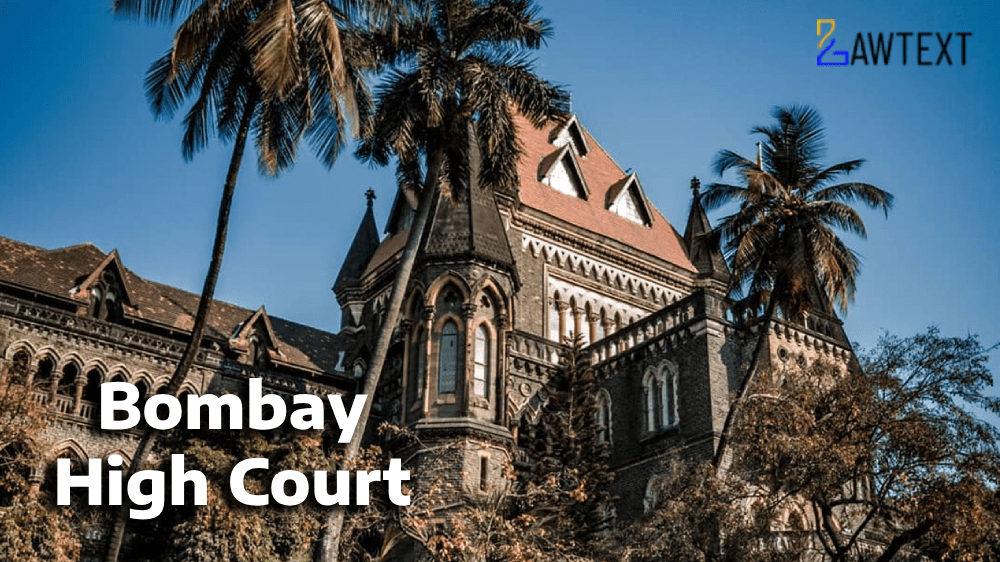Jurisdiction for Succession Certificate Applications in Goa Clarified. Civil Courts Empowered to Handle Succession Matters for Non-Goans and Hindus

CASE NOTE & SUMMARY
The court addresses the issue of jurisdiction for applications under Section 372 r/w. Section 370 of the Indian Succession Act, 1925, for the grant of a Succession Certificate in Goa. The trial court had rejected the application on the grounds that such applications should be dealt with by the District Court. However, the petitioners argue that the Civil Courts in Goa have jurisdiction, especially for non-Goans and Hindus, as per their personal laws. The court references the case of Monica Variato v/s. Thomas Variato to establish that Civil Courts in Goa can handle succession matters. The trial court's order was set aside, and the matter was directed to be decided afresh by the Civil Court in Bicholim.
-
Rule Made Returnable
- The court rules the matter returnable forthwith and takes it up for final disposal.
-
Issue of Jurisdiction
- The necessity to decide which forum (Civil or District Court) is appropriate for applications under Section 372 r/w. Section 370 of the Indian Succession Act, 1925.
-
Petitioner's Argument
- Mr. Iftikar Agha argues that the Civil Judge, Senior Division, Bicholim should have jurisdiction over the application for an Heirship Certificate.
-
Application Rejection
- The application was rejected by the Civil Judge on the grounds that such applications are handled by the District Court in Goa.
-
Previous Orders and Local Laws
- Mr. Agha presents previous orders where Civil Courts entertained such applications and argues that Indian Succession Act, 1925, is not in force in Goa.
-
Jurisdiction Based on Local Laws
- The petitioner's argument that jurisdiction should be based on local Goan laws, which involve Civil Courts in succession matters.
-
Goa Succession, Special Notaries and Inventory Proceeding Act, 2012
- The Act provides a different procedure where succession is decided during inventory proceedings.
-
Civil Courts' Authority
- Civil Courts in Goa have jurisdiction to deal with inventory proceedings and succession matters.
-
Personal Laws and Jurisdiction
- Non-Goans and Hindus are entitled to apply for a Succession Certificate under their personal laws.
-
Monica Variato Case Reference
- The trial court misinterpreted the Monica Variato case, which supports Civil Court jurisdiction in such matters.
-
Facts of the Case
- The deceased, Som Subhra Sarkar, left property in Satari taluka, under the jurisdiction of the Civil Court at Bicholim.
-
No Contesting Parties
- Since there are no contesting parties, the main question is the entitlement to a Succession Certificate under the Indian Succession Act.
-
Trial Court's Impugned Order
- The trial court dismissed the application based on the premise that only District Courts issue Succession Certificates in Goa.
-
Error in Trial Court's Decision
- The trial court's observation lacks support and should have allowed transferring the application to the District Court.
-
Monica Variato Case Analysis
- The Monica Variato case analysis shows that Civil Courts in Goa can handle succession matters as per the domicile law.
-
Jurisdiction in Succession Matters
- Civil Courts in Goa are competent to handle succession matters, aligning with the law of domicile.
-
Final Ruling
- The rule is made absolute, and the matter is to be decided afresh by the Civil Court in Bicholim.
-
Directive for Reappearance
- Parties are directed to appear before the concerned Court at Bicholim on 19/08/2024.
-
Implementation of Judgment
- Copies of the judgment are to be forwarded to the Principal District Judges for implementation.
Citation: 2024 LawText (BOM) (8) 1
Case Number: WRIT PETITION NO.1379 OF 2024 (FILING NO.)
Date of Decision: 2024-08-01
Case Title: Ms. Papiya Sarkar Ors. Versus Mr. Som Subhra Sarkar (since deceased) Son of Late Mohit Chandra Sarkar
Before Judge: BHARAT P. DESHPANDE, J.
Advocate(s): Mr. Iftikhar Agha with Ms. Valencia Fernandes, Advocates for the Petitioners.
Appellant: Ms. Papiya Sarkar Ors.
Respondent: Mr. Som Subhra Sarkar (since deceased) Son of Late Mohit Chandra Sarkar

